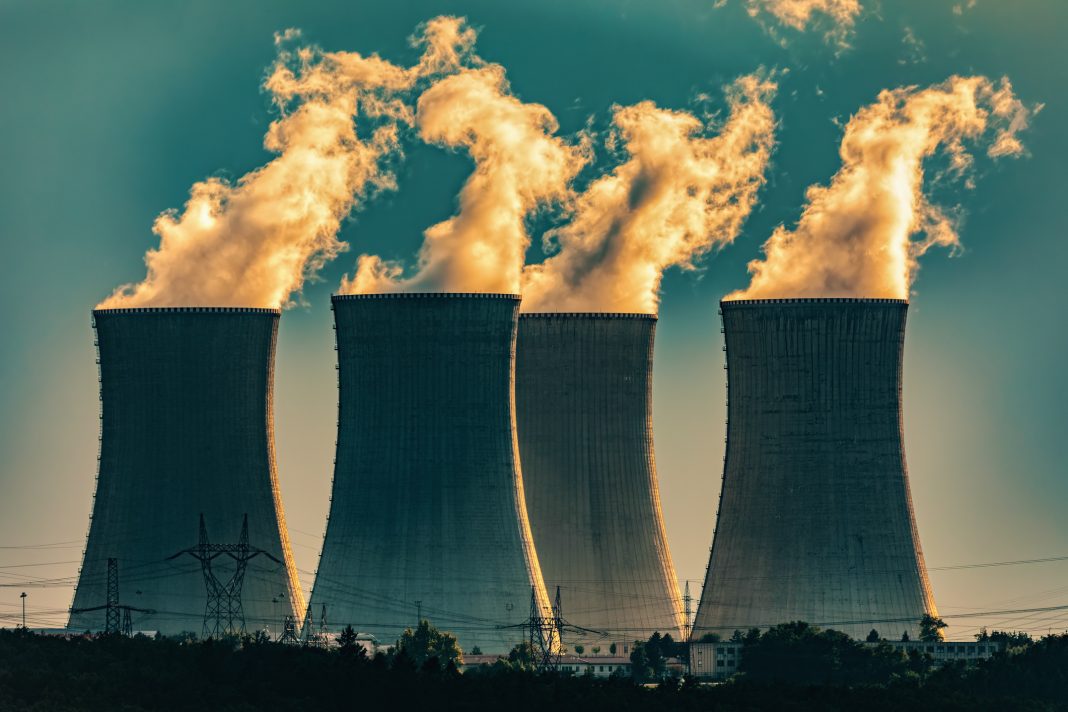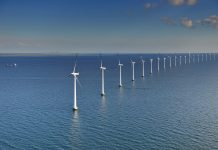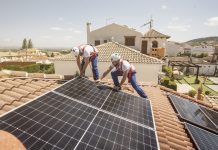UK, US, Canada, Japan and France agree in the Nuclear Energy Forum to isolate Russia from the nuclear fuel market at the G7
The G7 summit, held in Sapporo, Japan, formed an alliance between five core members to undermine Russia’s grip on supply chains and the nuclear fuel market.
Aiming to give independence to countries struggling with the energy crisis, cutting off Russia’s means to attack Ukraine, and promoting the use of renewable energy, this move will cut off a vital income stream for Putin’s regime.
Nuclear fuel is currently needed to operate nuclear power stations, which provide around 15% of the UK’s electricity supply. To strengthen nuclear energy sectors, this move will boost domestic energy security and will help nuclear to become 25% of the UK’s electricity supply by 2050.
Nuclear will become 25% of the UK’s electricity supply by 2050
Making the energy market independent and more renewable
Nuclear, a low-carbon and secure energy, promotes the use of cheaper, cleaner, and more secure energy sources to boost energy independence, helping many nations move away from international fossil fuel markets and, hopefully, improving the energy crisis.
The G7 agreement at the Nuclear Energy Forum is to build on the UK’s sanctions on oil to Russia, ensuring the secure supply of uranium fuel through the development of shared supply chains that isolate Russia. Taking steps toward this, the UK launched its Nuclear Fuel Fund in January, providing nearly £75 million to national fuel production capabilities to support the new nuclear fuel market.
By opening a new nuclear fuel market, countries can reduce their dependency on Russian fuel.
Accelerating the phase-out of unabated fossil fuels
Another agreement made between G7 nations alongside the nuclear fuel market promised the phase-out of unabated fossil fuels – such as coal – to be replaced with alternative targets for the use of offshore wind and solar energy.
The G7 promises to increase offshore wind capacity by 150GW and solar PV to 1,000 GW by 2030. The UK will account for a quarter of the offshore wind target, for which they are already on track.
The UK has cut emissions faster than any other G7 country and is in the top four most attractive markets for renewable energy investment. Nearly 40% of the UK’s power was generated from renewable sources last year.
While the UK has also progressed greatly in the phasing out of petrol and diesel cars in the G7, with the group committing to 50% zero-emission vehicle sales in cars and vans by 2050 – other countries will be able to reap the benefits of the UK’s renewable technologies, hiring UK firms to support their efforts to achieve greater energy security and independence. This can help to increase green jobs and economic opportunities at home.
“Russia isn’t welcome anymore”
Energy Security Secretary Grant Shapps said: “The UK has been at the very heart of global efforts to support Ukraine, defeat Putin and ensure neither him nor anyone like him can ever think they can hold the world to ransom over their energy again.
“This is the next vital step, uniting with other countries to show Putin that Russia isn’t welcome anymore, and in shoring up our global energy security by using a reliable international supply of nuclear fuel from safe, secure sources.
“But this is one side of the equation – the other is the need to invest in clean, cheap and secure energy sources, and our Powering Up Britain plan will do just that. We must stop being reliant on expensive and imported fossil fuels and focus on smarter energy solutions.”











